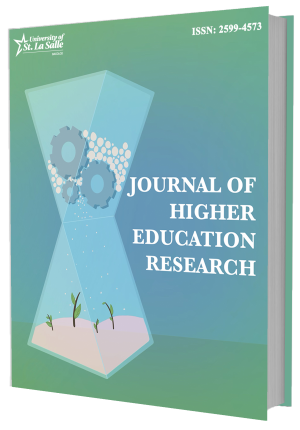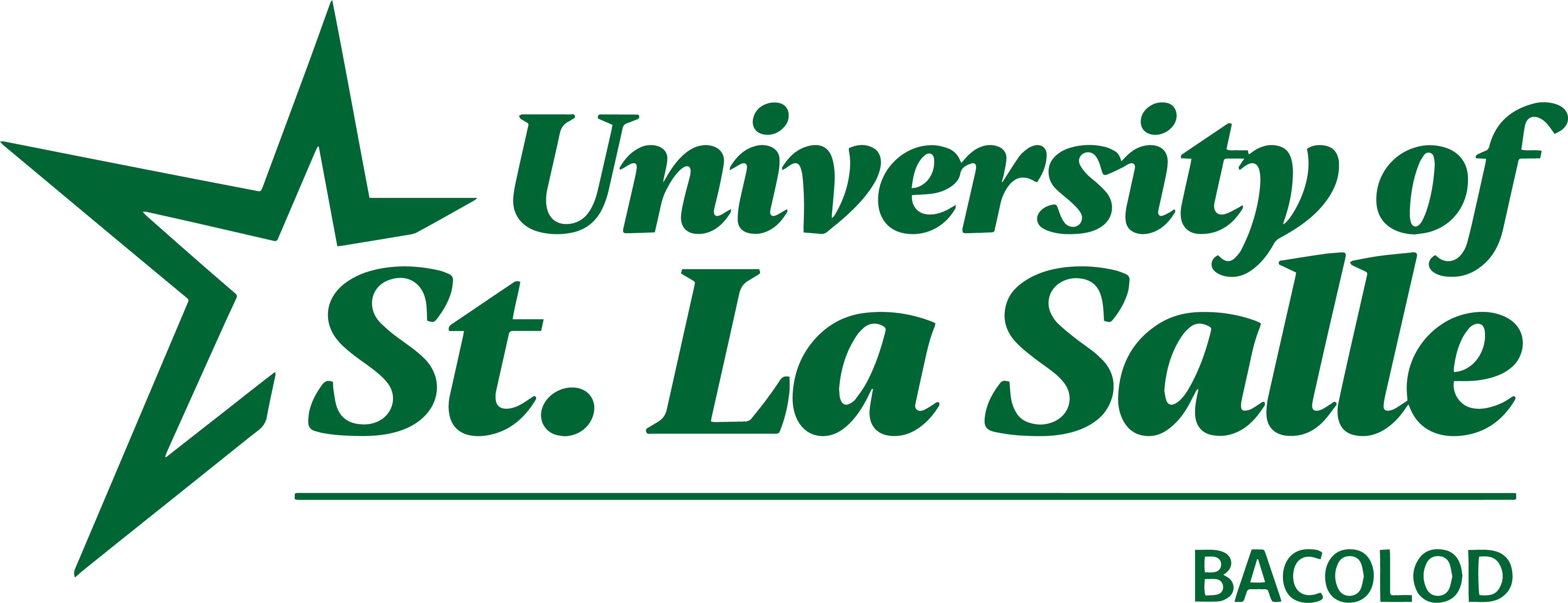The Help-Seeking Barriers and Self-Learned Coping Strategies of Young Adults with Clinically Significant Anxiety: A Qualitative Study
https://doi.org/10.70228/JHER2024022
Cite this article Read this article
ABSTRACT
Anxiety is one of the most common and underreported psychological disorders worldwide. Its manifestations come with distressing physical and psychological symptoms. Using the phenomenological approach, the main purpose of this qualitative study was to analyze the coping strategies of those with clinically significant anxiety levels who do not have access to psychological intervention. Eight participants have experienced anxiety symptoms for at least six months and have never sought professional help. Furthermore, they have scored 40 and above on Zung's Anxiety Self-Assessment Scale. The data-gathering procedure utilized semi-structured in-depth interviews. Two main themes emerged from the participants' responses. The hindrances from seeking mental health services were identified. This theme includes the following subthemes: financial constraints, the presence of the stigma, and the need for self[1]sufficiency. The second theme covers the utilization of different self[1]soothing and coping mechanisms. This discusses learned anxiety management techniques and channels of support from peers and family in place of professional intervention. The participants have also been found to make conscious efforts to improve their perception of anxiety in their lives. The results imply that the participants can self[1]manage symptoms; however, it was concluded that supplementing their coping techniques may also improve prognosis.
Keywords: anxiety, help-seeking barriers, coping strategies, young adults, social support

Volume 9, June, 2021 EDITION
Published 2021
Editor's Note
It is with great pride that we present this latest collection of scholarly contributions in Volume 9 of the Journal for Higher Education Research, highlighting the diverse research endeavors undertaken by our esteemed authors. Each study featured in this volume emphasizes the commitment to academic excellence and practical impact, addressing challenges and uncovering insights relevant to a wide range of disciplines in higher education research. Macoy and Quezon delve into real estate buyers' preferences and financing determinants, offering valuable implications for developers and policymakers in Iloilo and Negros Occidental. Peña and Tedoco explore the opportunities and challenges faced by small enterprise bakery operators, providing practical recommendations for sustainability and growth within this vital sector. Dura's linguistic landscape analysis uncovers the cultural and ideological dynamics within a public high school in Bacolod City, emphasizing the importance of multilingualism in educational environments. Similarly, Quezon addresses the crucial topic of anxiety among young adults, shedding light on barriers to help-seeking and the innovative coping strategies developed in the absence of professional intervention. The work of Gabarra and Lastimoza showcases the effectiveness of graphic-[1]based supplementary reading materials in enhancing literature instruction, bridging traditional texts with modern, interactive tools. Pillo and her team present a sustainable ecotourism plan for Bago City and Pulupandan, highlighting the critical interplay between community involvement and ecological stewardship. The study by Tirado and colleagues establishes a strong link between online engagement and academic performance, emphasizing psychological engagement as a key mediator in mathematics education. Ochavo evaluates a school-[1]administered youth facility for children in conflict with the law, offering insights into its transformative impact and areas for improvement. Finally, Capay and her co-authors examine the implementation of the carousel delivery system in modular learning, underscoring its benefits while advocating for enhancements to further improve student experiences. This issue serves as a testament to the boundless dedication and ingenuity of our authors. We would like to thank our editors and reviewers for meticulously working on these significant research works. We hope these studies inspire further academic pursuits and practical applications that benefit our communities. Sincerely, JOVAL N. MARTINEZ Editor-in-Chief


